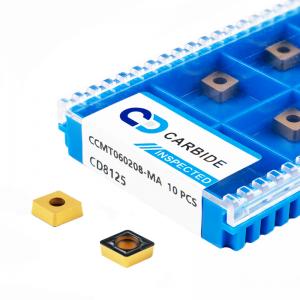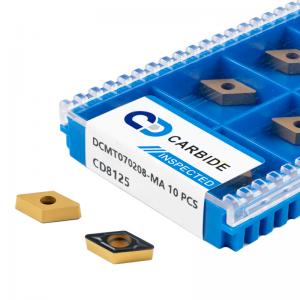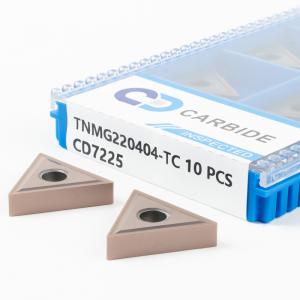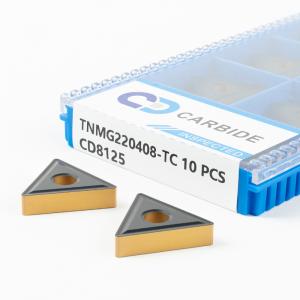Comparative Analysis of Steel Machining Cases Using Carbide Turning Inserts
I. Background
With the continuous development of the manufacturing industry, the focus of enterprises has shifted towards the quality and efficiency of steel machining. Carbide turning inserts, due to their high hardness, wear resistance, and thermal stability, have been widely applied in steel machining. This article explores the advantages and effects of carbide turning inserts in steel machining through a comparative analysis of two specific machining cases.
Characteristics of Chip-breakers -TM
TM Positive Inserts
Chip-breaker for cutting carbon steel, alloy steel, soft steel.stainless steel and cast iron;The combination of flat edge and large front angle can ensureedge strength and cutting sharpness.
Preferred chip-breakers for semi-finishing machining of steel cutting, and can realize efficient andstable processing; Universal chip-breaker with wide chip-breaking effect and high versatility;Designed near the tip of the knife, with a distinctive shape bulge and large front angle.Ensure the chip-breakers maintaining sharp cutting performance and low cutting force.
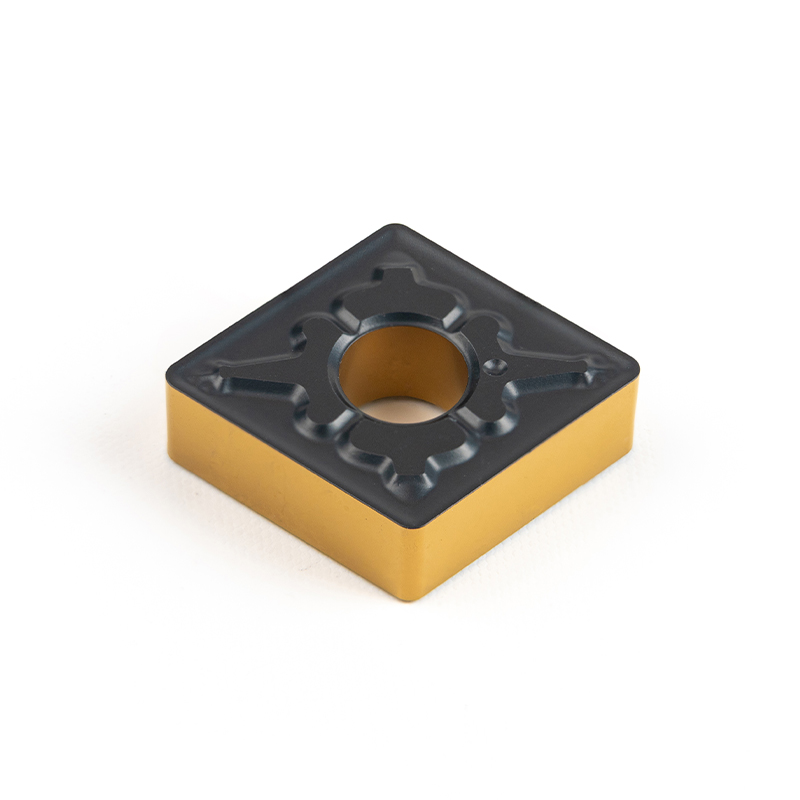
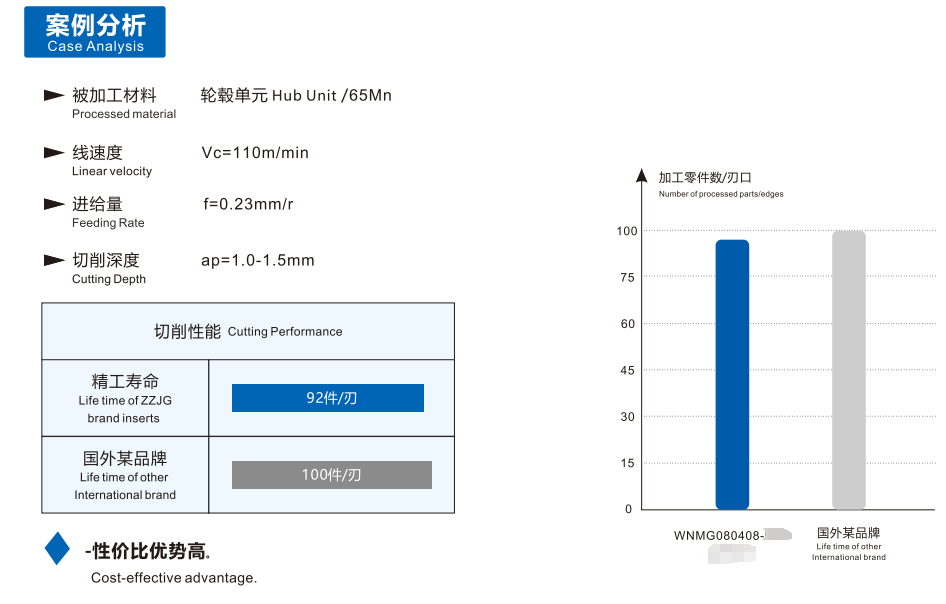
Characteristics of Chip-breakers -MA
Chip-breaker for precision processing with front angle finishing;Design of parallel cutting edges ;Special design of 3D chip-breakers with double front anglesmall cutting force and wide chip- breaking ;Large front angle design, and the deep chip chute between the height differenceto enhance the edge sharpness ;According to different levels of cutting depth, there are corresponding raised chip-breakers. The application field is extensive.
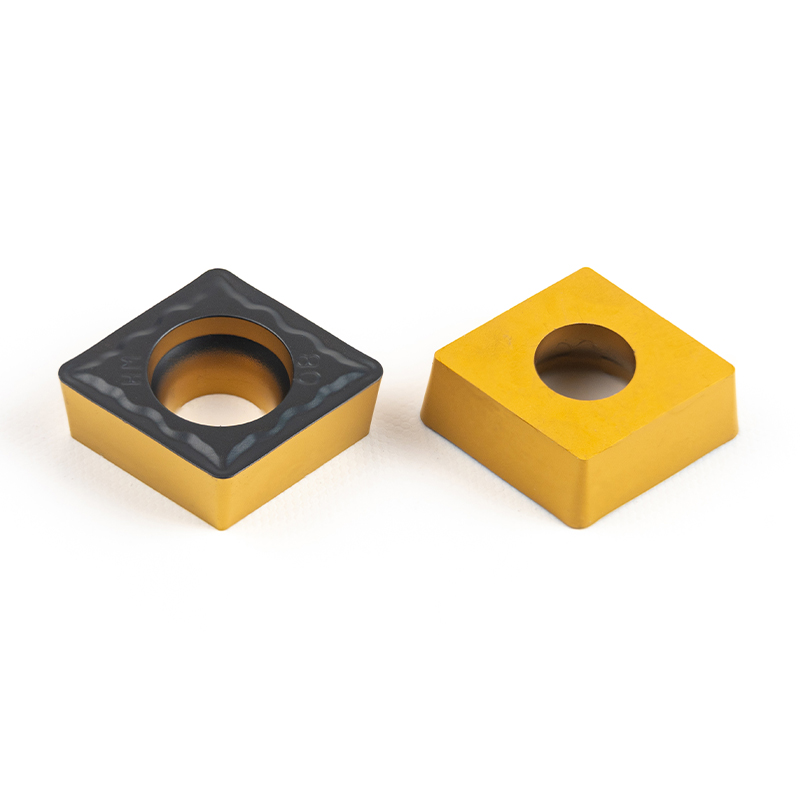
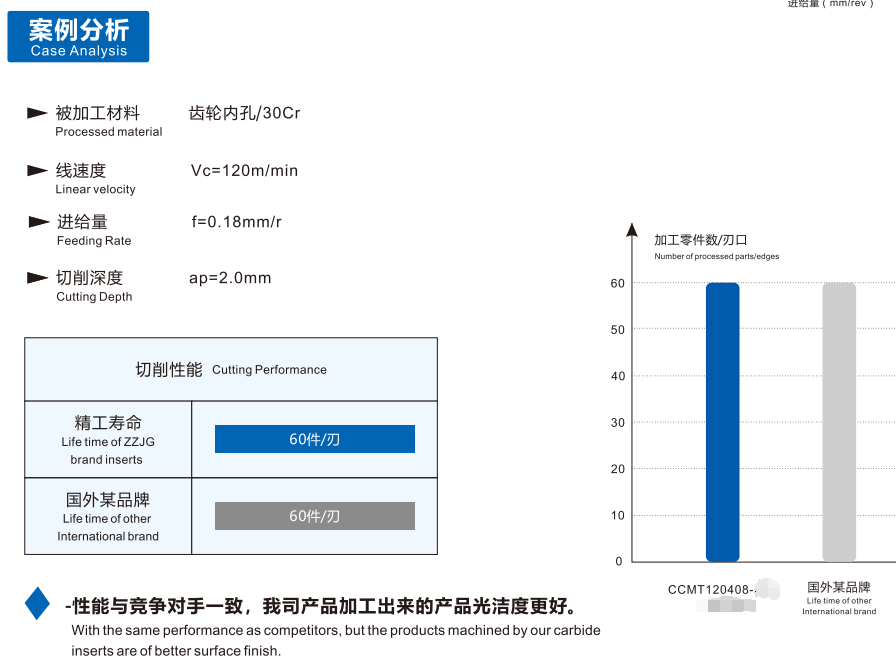
V. Conclusion
Carbide turning inserts have significant advantages in steel machining. By selecting appropriate cutting conditions and insert materials, machining efficiency and quality can be significantly improved. Additionally, the emergence of new carbide inserts such as wnmg080408 CD8125 and ccmt120404 cd8125 provides more options and possibilities for steel machining. The improvements in toughness, thermal resistance, and wear resistance of these inserts enable them to handle a wider range of machining conditions and requirements.


